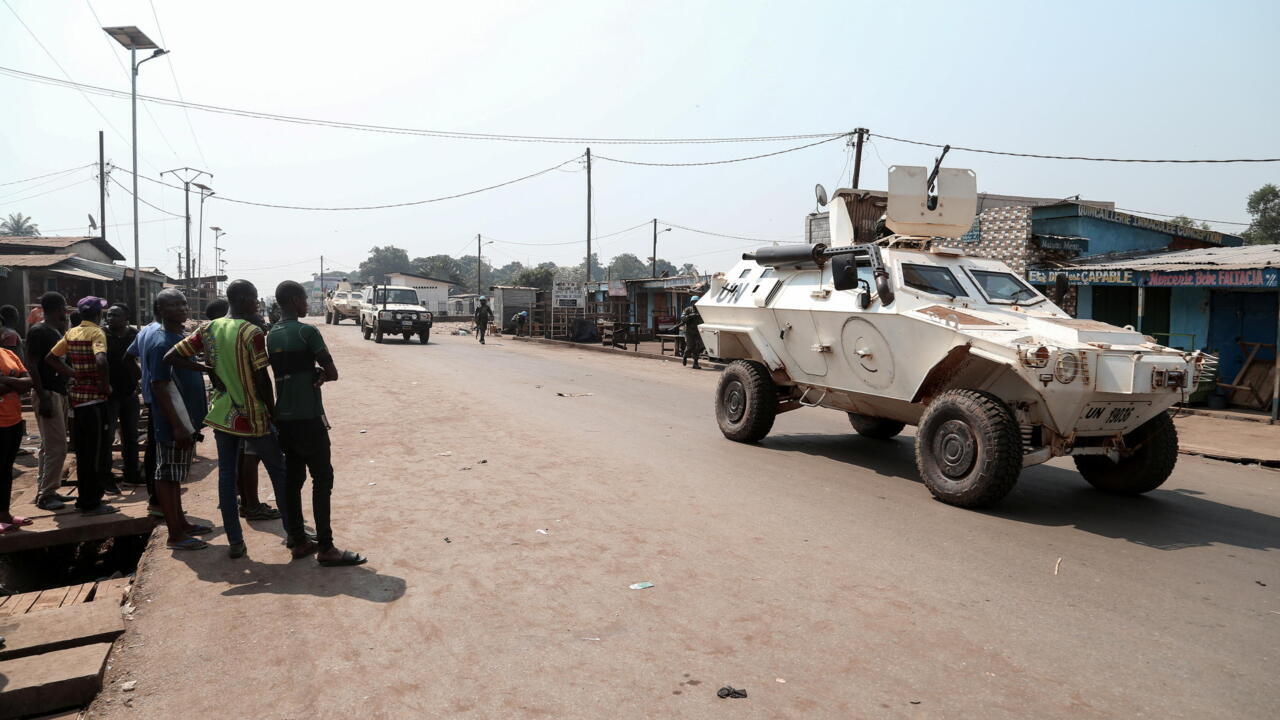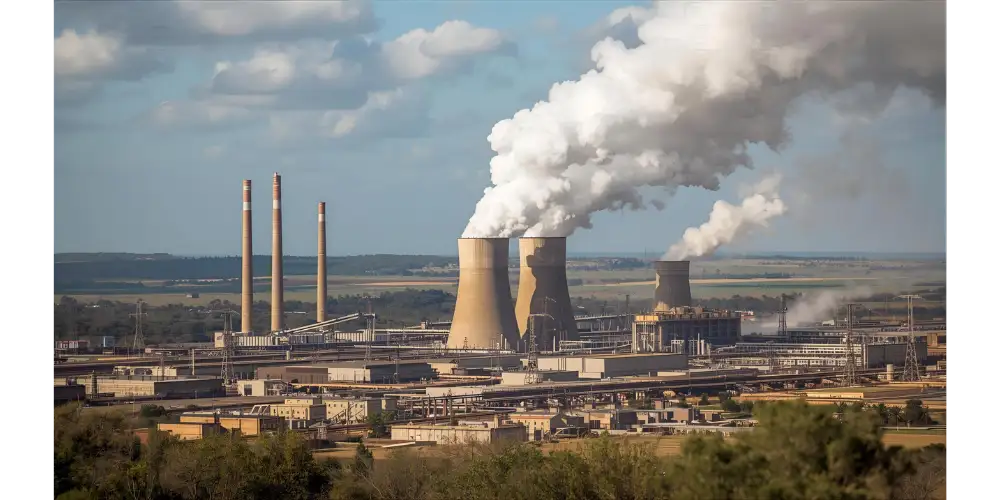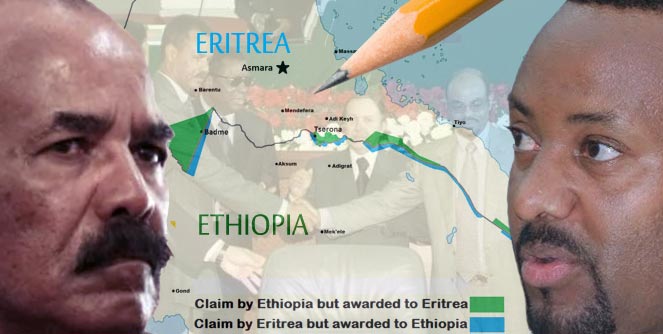Enerca Under Fire After Boganda High School Disaster in CAR
Updated July 2025
1. Tragic Explosion and Stampede in Bangui
On 25 June 2025, a catastrophic explosion of a power transformer inside Barthelemy Boganda High School in Bangui triggered panic among around 5,300 students taking their baccalauréat exams. The blast led to a stampede that claimed the lives of at least 29 pupils and injured over 250 others :contentReference. As pupils scrambled to escape, many were crushed or injured falling from windows and doorways.
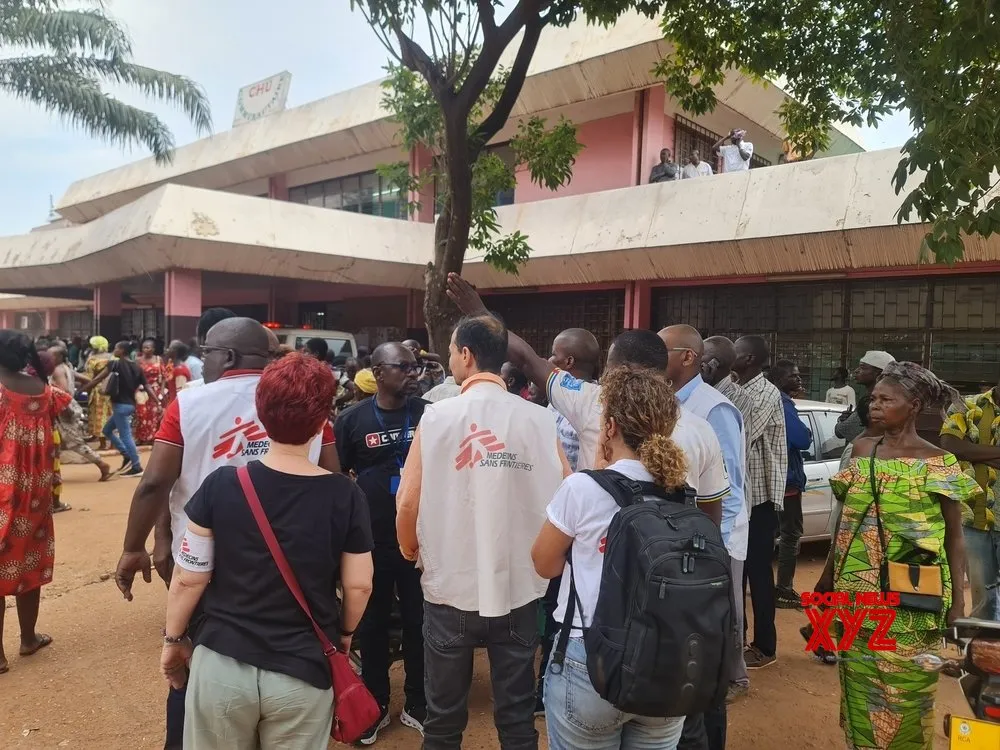
2. Enerca Swept into Scandal
The explosion occurred just as technicians from Énergie Centrafricaine (Enerca) attempted to restore power following earlier faults :contentReference[oaicite:2]{index=2}. Authorities quickly launched an investigation. On 26 June, police arrested key Enerca officials—including CEO Thierry Patient Bendima, the technical director, and the head of operations—on charges of gross negligence during maintenance :contentReference[oaicite:3]{index=3}.
3. National Mourning and Public Outrage
President Faustin-Archange Touadéra declared a three-day national mourning period from 27 June to honor the victims :contentReference[oaicite:4]{index=4}. The government confirmed 29 deaths and over 260 injured, acknowledging the health system was overwhelmed by the sheer number of casualties :contentReference[oaicite:5]{index=5}. Parents and civil society have demanded swift accountability.
4. Legal Accountability and Judicial Action
The arrested Enerca leaders are under investigation by the Office Central de Répression du Banditisme (OCRB). They face possible charges of professional negligence and failure to adhere to safety protocols during transformer maintenance :contentReference[oaicite:6]{index=6}. Prosecutors are focusing on the entire maintenance chain—from planning to restoration.
5. Civic Response and Human Rights Watch Condemnation
On 27 June, activists held memorial vigils near the school to honor the victims. However, police arrested seven attendees, including organizers, on allegations of “association with criminals” :contentReference[oaicite:7]{index=7}. Human Rights Watch condemned the suppression, urging transparent investigations and protection for public grief :contentReference
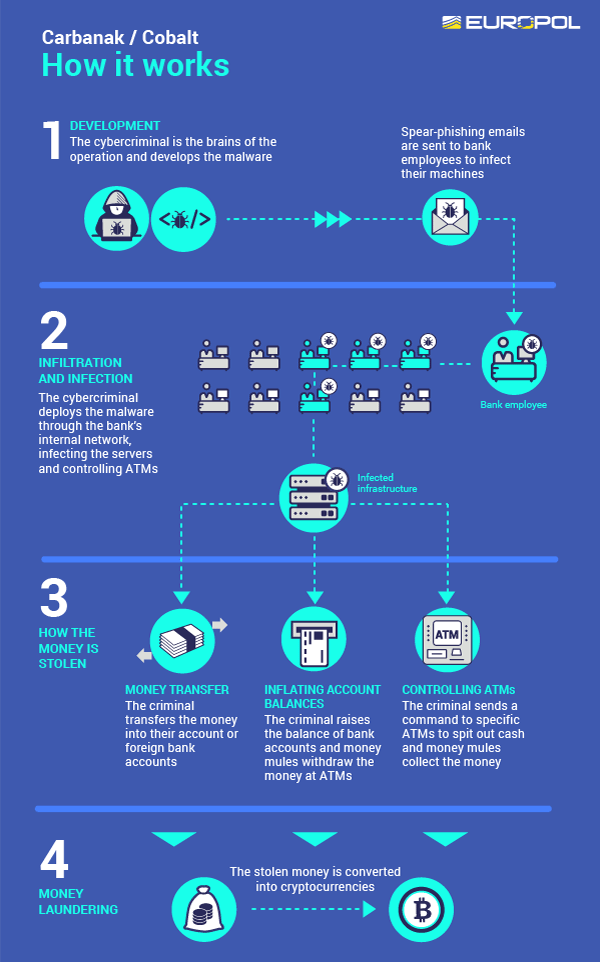
6. Infrastructure Woes and Systemic Failures
The disaster has drawn attention to the broader state of CAR’s aging electrical grid. Enerca grapples with chronic underinvestment, poor safety practices, and limited oversight from the Ministry of Energy. Past donor-funded upgrades have failed to prevent critical failures, with schools and hospitals particularly vulnerable.
7. Community Demands and Civil Society Pressure
Parents, school bodies, and political opposition groups, such as the Republican Bloc, have condemned the tragedy as preventable. They are demanding:
- Transparent investigation results identifying all responsible parties.
- Compensation and healthcare support for victims and families.
- Comprehensive safety audits across schools and public infrastructure.
- Structural reforms at Enerca and its regulatory framework.
8. Government Response: Stabilize and Reform
The government has promised a full public audit of Enerca’s maintenance operations and safety protocols. The Energy Ministry, in collaboration with international partners and the private sector, plans to:
- Upgrade transformer stations in schools and public sites.
- Implement strict national safety standards for electrical operations.
- Train and certify all Enerca technicians to adhere to international best practices.
- Introduce an independent oversight mechanism and allow public monitoring.
- Explore investment partnerships to strengthen Enerca’s finances and infrastructure resilience.
9. Risk Analysis: What Happens Next?
Without swift reform, CAR risks facing further infrastructure disasters, public distrust, and legal fallout. Enerca may lose donor and investor confidence, jeopardizing broader energy projects.
Proper judicial outcomes will be crucial to restoring faith in constitutional governance. Conversely, if accountability is delayed or obfuscated, current political tensions, protests, and civil unrest may escalate, undermining CAR’s fragile stability.
Conclusion: A Pivotal Moment for Enerca and CAR
The Boganda High School disaster is a stark wake-up call for the Central African Republic. As pressure mounts on Enerca, the government must enforce transparent investigations, enforce public safety reforms, and prevent further tragedies. How authorities respond will define not just the fate of a power company, but also public trust and national governance capacity.
Track this story: Visit our CAR Infrastructure Crisis Tracker for updates on Enerca’s reforms, legal proceedings, and nationwide energy upgrades.
Related Reports
- Bangui Stampede & Responsibility Analysis
- Enerca’s Infrastructure Challenges Deep Dive
- Civil Society Arrests After Memorial Vigil
For more news visit our website
this post by africaintelligence.com

